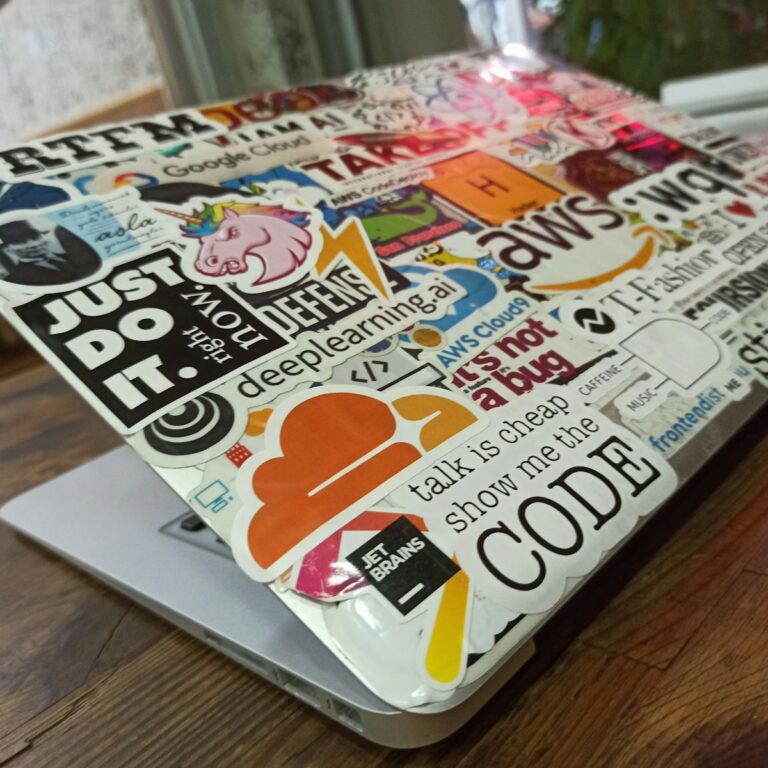How to Kickstart Your Software Engineering Career After Graduation

So, you’ve just graduated—congrats! 🎓 The world of software engineering is wide open, and trust me, it’s an exciting place to be. But let’s be real, transitioning from student life to professional life can feel a bit overwhelming, right? Don’t worry, I’ve got your back. This guide is all about helping you kickstart your software engineering career, step by step. Let’s dive in!
1. Build a Killer Portfolio 💼
First things first, let’s talk about your portfolio. Think of it as your personal showcase, where you can strut your stuff and show potential employers what you’re made of. If you haven’t already, gather up the projects you worked on during your studies—especially the ones you’re proud of. But don’t stop there!
Take on some side projects, contribute to open-source, or even create your own apps. The key here is to show you’re not just a coder—you’re passionate about building things. Your portfolio should be clean, easy to navigate, and highlight your skills and achievements. Oh, and don’t forget to include a bit about yourself! People want to hire a person, not just a list of skills.
2. Learn the In-Demand Skills 🔥
The tech industry is constantly evolving, so it’s crucial to stay updated with the latest trends. Start by researching the current job market to see which programming languages and frameworks are hot right now. Python, JavaScript, React, and cloud technologies like AWS are definitely worth adding to your skillset if you haven’t already.
There are tons of online resources where you can learn these skills—think Udemy, Coursera, and freeCodeCamp. Pick a course, dive in, and start building! The more you learn, the more valuable you become. And remember, learning never stops in this field, so stay curious and keep exploring.
3. Network, Network, Network 🤝
You’ve probably heard this a million times, but it’s true—networking is key. It’s not just about what you know, but who you know. Start by attending industry meetups, webinars, and conferences. Many of these are available online, so no excuses!
LinkedIn is your best friend when it comes to networking. Connect with professionals in the field, join relevant groups, and don’t be shy about reaching out to people. A simple “Hi, I’m a recent grad looking to break into software engineering, and I’d love to hear about your experience in the field” can go a long way. You never know who might help you land your first job.
4. Tailor Your Resume and Cover Letter ✍️
Let’s talk about your resume and cover letter. I know it’s tempting to blast out the same resume to every job posting, but tailoring it to each position can make a huge difference. Highlight the skills and experiences that are most relevant to the job you’re applying for.
Your cover letter is your chance to tell your story. Why are you passionate about software engineering? What can you bring to the table that others can’t? Make it personal, make it compelling, and make sure it stands out.
5. Prep for Those Technical Interviews 🧠
Last but not least, let’s talk about the part everyone dreads—technical interviews. The good news is, with the right preparation, you can totally nail them. Start by practicing coding problems on platforms like LeetCode, HackerRank, or Codewars. Focus not just on getting the right answer but on explaining your thought process. Interviewers want to see how you think, not just whether you can code.
Also, brush up on your computer science fundamentals—algorithms, data structures, and system design questions are pretty common. And if you can, do some mock interviews with a friend or use platforms like Pramp to get the hang of it. The more you practice, the more confident you’ll feel.
Ready to Get Started? 🚀
So there you have it—five steps to kickstart your software engineering career after graduation. It might seem like a lot, but take it one step at a time. Build that portfolio, keep learning, connect with others, tailor your applications, and prepare like a pro for interviews. Before you know it, you’ll be on your way to landing that first job and launching your career.
Good luck, and remember—you’ve got this! If you have any questions or need more tips, feel free to drop a comment below. Happy coding! 😊


